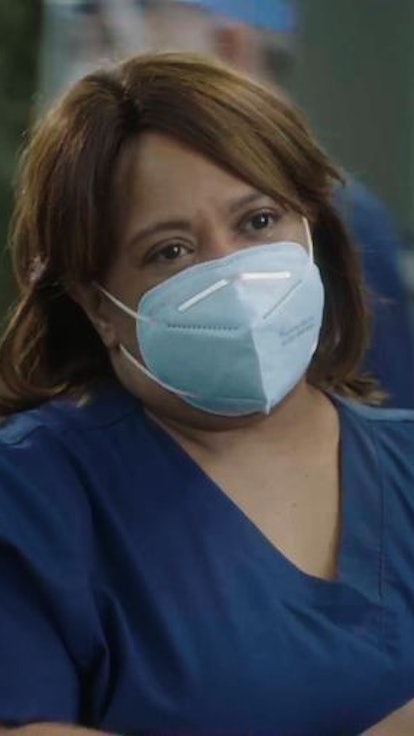Dr. Miranda Bailey sings a tear-choked version of “My Girl” to her mother, who is suffering from Alzheimer’s, and who is now diagnosed with COVID-19 and on a respirator at Grey Sloan Memorial Hospital. Later, Bailey sits by the hospital bed of her colleague Meredith Grey, who is unconscious while she, too, fights COVID-19. Bailey pours her heart out anyway, telling Meredith about her mother’s dementia, a situation Meredith once went through with her own mother: “I wish you were awake,” Bailey says, pining for someone who could relate. Meanwhile, yet another colleague, Tom Koracick, has been suffering delusions in yet another hospital bed, also gripped by COVID-19.
When Dr. Jackson Avery hears of all that’s going on, he says, simply: “I hate everything.” It’s a classic, sardonic Grey’s Anatomy understatement. But it’s also something many of us have said, under many circumstances, ranging from unpleasant to catastrophic, this year. And it’s indicative of the fact that Grey’s Anatomy’s penchant for overblown medical melodrama has converged with the terrors of real life this season to strange — but still effective — affect. Seventeen seasons in, Grey’s Anatomy has been forced by world events to morph from escapist soap into gritty reflection of reality.
This season of the show has, like other TV medical dramas, been forced to confront reality like no other genre. Most hospital shows, including Grey’s, have long existed in a space between fiction and reality, where on-set medical consultants chime in when necessary, but the cases that flit through scripts tend toward sensationalistic and the solutions teach the doctors valuable lessons that resonate neatly with their personal problems.
